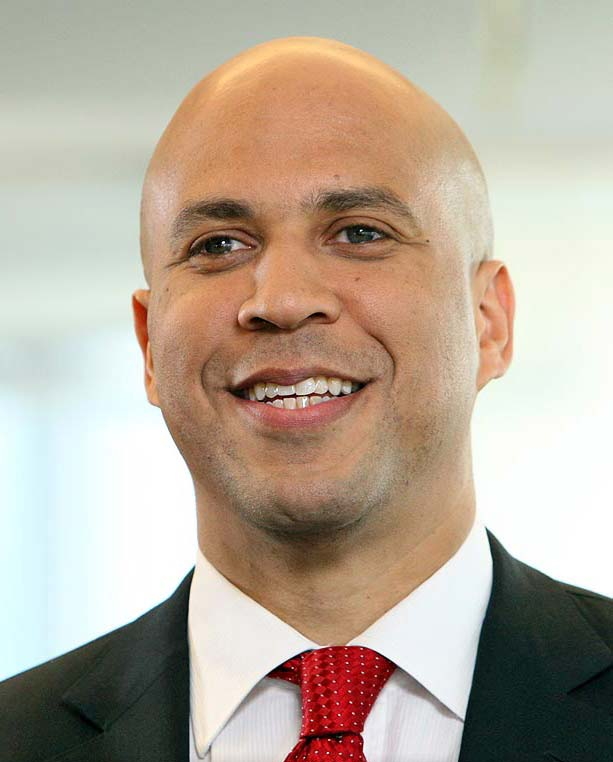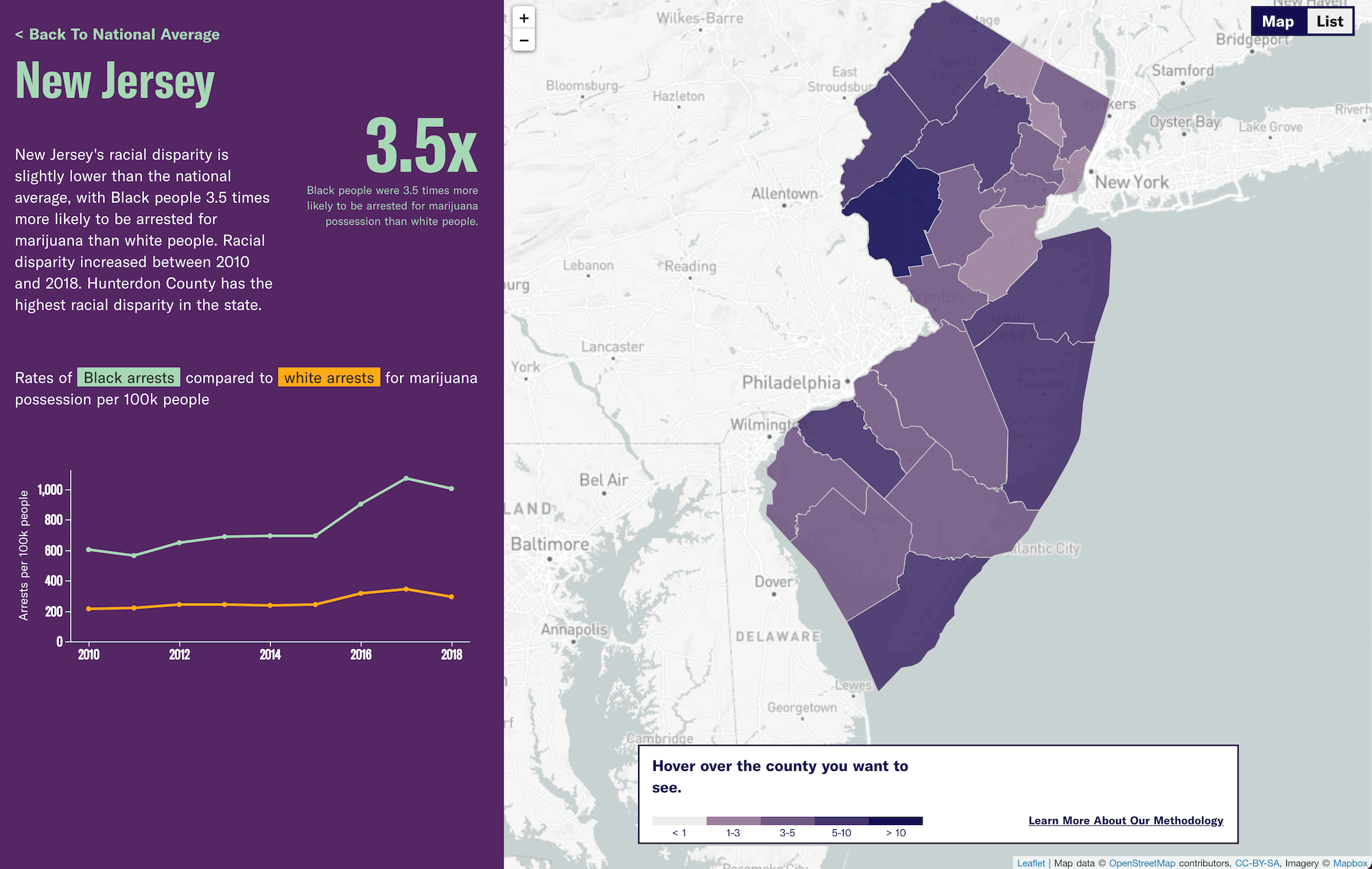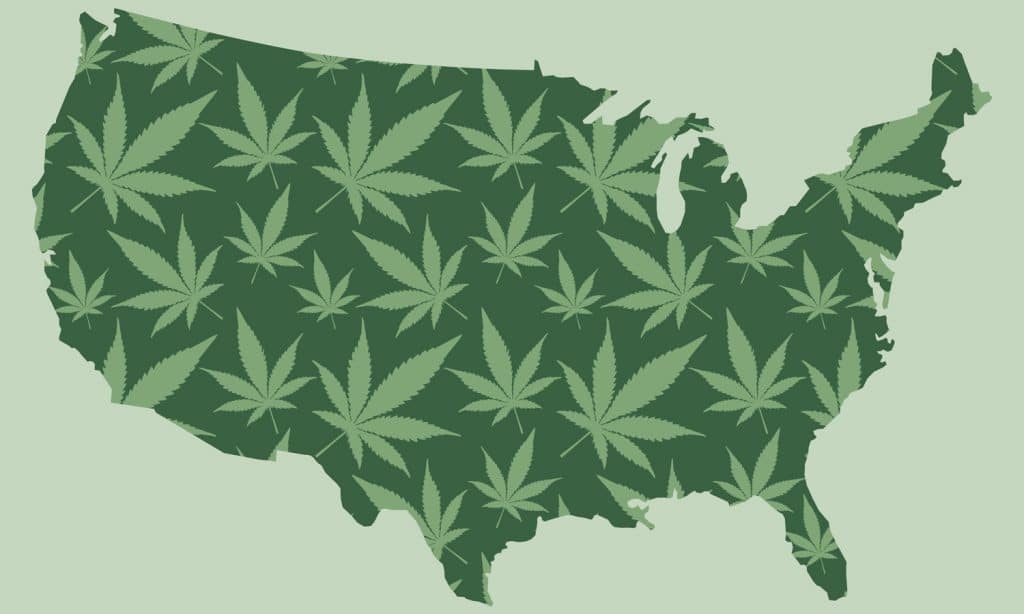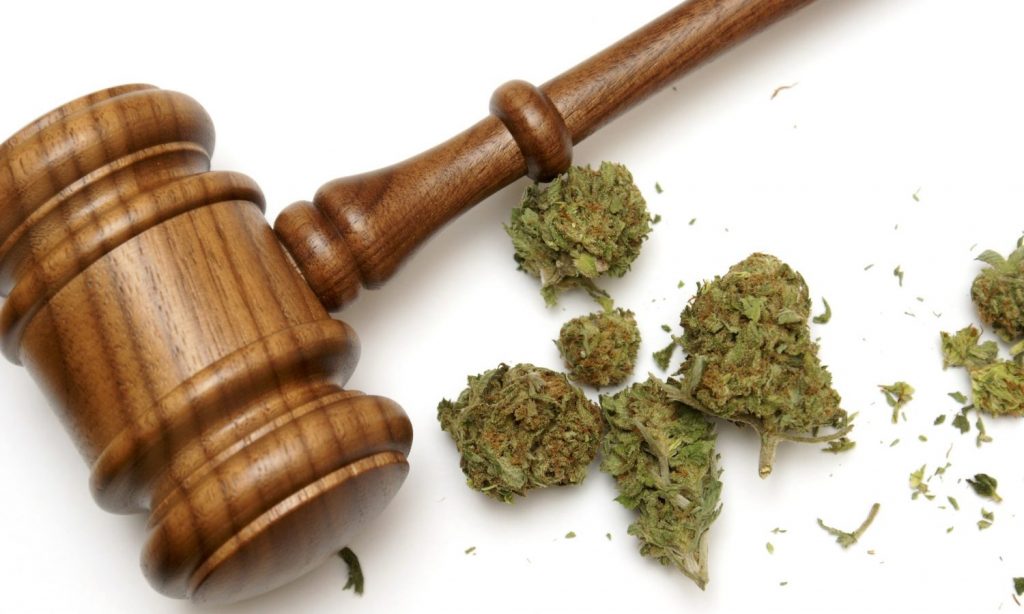Republican U.S. Congressman Bob Good has written a letter to Virginia Gov. Ralph Northam urging him to veto a recreational marijuana legalization bill passed by state lawmakers last month. The Virginia Senate and the House of Delegates agreed on a compromise bill to legalize cannabis for use by adults and to regulate marijuana production and sales on February 27.
In a letter to the Democratic governor written by Good last week, the representative for Virginia’s 5th Congressional District exhorted Northam not to sign the legalization bill, HB 2312, into law.
“Legalizing recreational use of marijuana, even if limited to adults, would expose our future generations to drug use at young impressionable ages,” said Good. “It is my hope that the Governor will not move forward with this legislation and will instead acknowledge that the many negative consequences far outweigh any potential positive revenue for the Commonwealth.”
In his letter, Good said that the cannabis legalization bill would “undermine the rule of law,” noting that marijuana remains a Schedule l substance under federal statute.
Good cited concerns that the legalization of cannabis would pose a danger to children and repeated debunked assertions that marijuana is a “gateway drug” to more dangerous illicit substances. He also expressed doubts that a regulated marijuana economy would generate as much tax revenue as projections predict.








